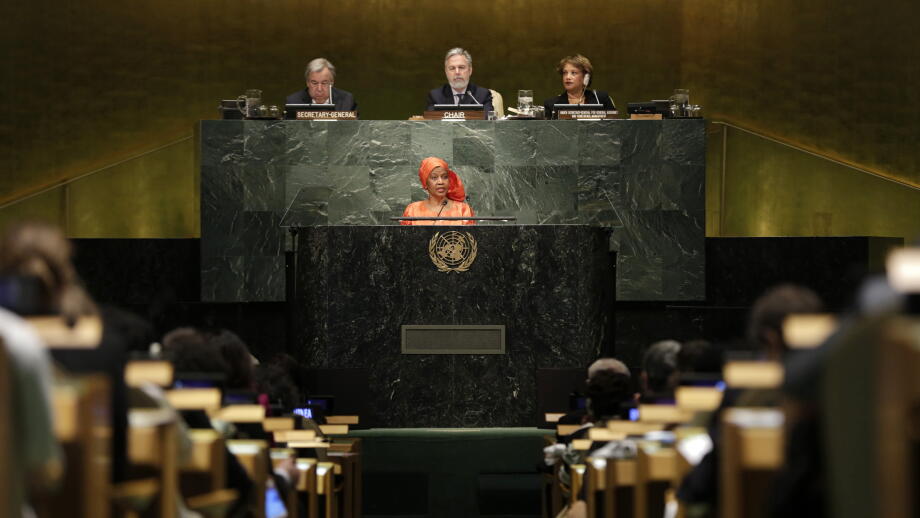In Short:
More and more women are breaking the glass ceiling to obtain positions of power. Yet with this rise, some women experience threats to their power. Here we focus on women’s perceived threats to the stability of their power and the degree to which women feel they do not deserve their power positions, as reflected in their impostor feelings
Overview
Our identifies key workplace characteristics that are associated with these internalised power threats with survey data collected among 185 women in high-power positions.
We find that negative workplace experiences (i.e., gender discrimination, denigrating treatment, lack of cultural fit, and lack of mentoring) are associated with a greater sense of power threat, which in turn relates to adverse workplace outcomes (i.e., reduced job satisfaction and increased emotional exhaustion and opting-out intentions).
With this unique sample of high-powered women, our findings help illustrate the forces that make women experience power as precarious, thereby shedding light on the disadvantages these women face. We provide suggestions on how to reduce women’s internalised power threats.
Contact
Michelle Ryan
Director
Intersectionality & identity, Leadership & the Glass Cliff, Relationships & the care economy, The workplace & working lives
You may also like
Why we need to stop trying to "fix" women
To address the persistence of gender inequalities, many workplace gender equality interventions have been designed and implemented by governments, gender equality practitioners, professional bodies,…
Glass cliff candidates in the 2022 election
Our analysis of the women candidates running in unwinnable seats in the 2022 federal election
The diplomatic Glass Cliff
For the first time in history, women in Australian diplomacy have equal or near-equal representation in leadership whilst the institution they represent is shrinking — in funding, footprint and…




